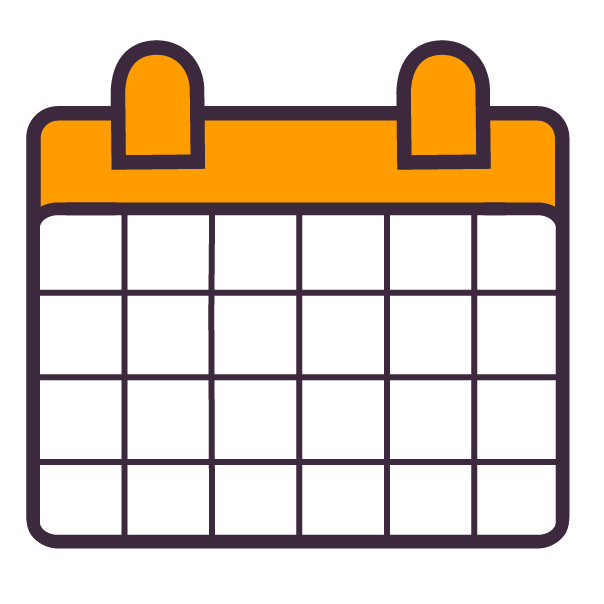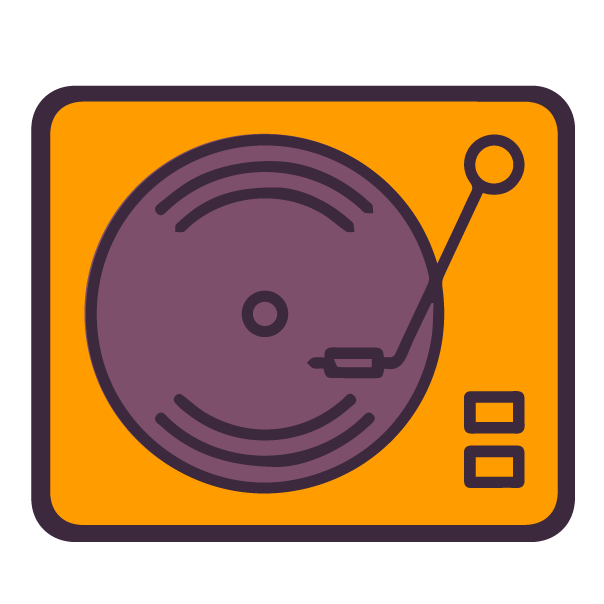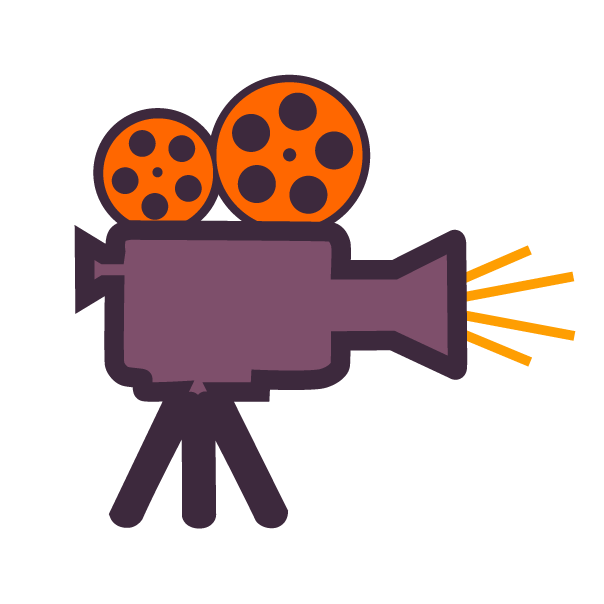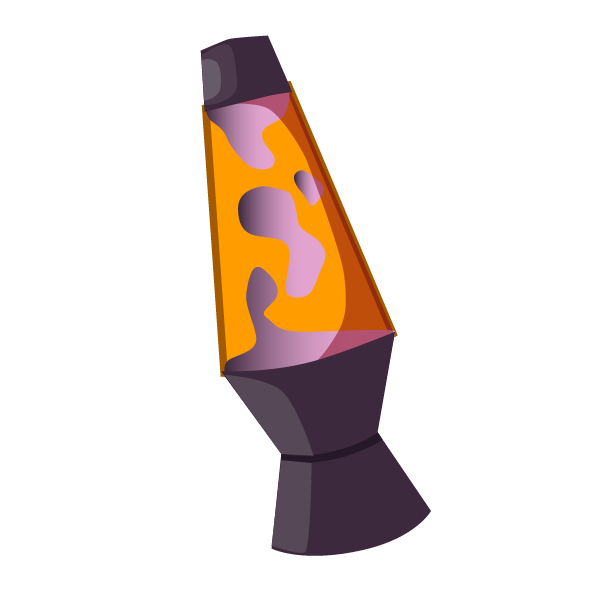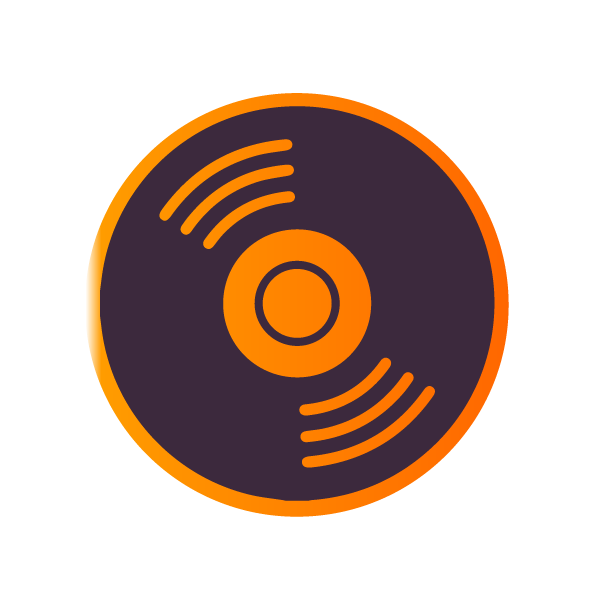By Connor James Ryan | October 11, 2023

Bob Marley was once quoted as saying, “I have a BMW. But only because BMW stands for Bob Marley and The Wailers, and not because I need an expensive car.” As integral as Marley was to reggae music and Rastafari culture, his band, The Wailers, accompanied him as pioneers of the genre which helped to bring visibility to Jamaican music. 42 years on from the passing of the reggae icon, his music and message are still very much alive with this most recent rendition of The Wailers. The group is now led by Aston Barrett Jr., the son of legendary Wailer, Aston ‘Familyman’ Barrett Sr. Today, The Wailers are a rare breed of musicians who have earned their place in the annals of music history. Their culture-defining music, which embodies the spirit of the 70s reggae movement, has left an indelible mark on the industry.
We caught up with Aston Barrett Jr. of The Wailers prior to their show on October 15th at Sony Hall, where he answered a few questions for the groovement.
What was your first concert you went to?
Aston: As a kid, the first concert I ever went to was The Wailers. This was around 1994. In 1994, they had a show in Jamaica, and that was my first concert because I was four years of age. I went there, and I remember seeing my father (Aston ‘Family Man’ Barrett Sr.) playing the bass, but he was playing his original bass that he played with Bob Marley. Because in the nineties, he switched his base over to a Steinberger. But, I remember that first show that I went to, he was using an original Fender for that show.
After that was Bob Marley Day in Jamaica with the Melody Makers. I think it was 1996 where Melody Makers’ album had just came out, called ‘Free Like You Wanna Be,’ and Julian Marley had an album called ‘Lion in the Morning.’ So they were promoting those albums.
What was it like growing up in Kingston and then moving to Miami? Can you tell us more about that and your upbringing?
Aston: Kingston is very rootsy. Everything about growing up in Jamaica in the nineties was really nice. I mean, I would say the seventies probably musically had a lot more dynamics to it in the Rastafarian community, but, in my time, it wasn’t so much of a division. In my time, it wasn’t really a lot of political issues or anything.
Then moving to Miami was another vibe, because at that time, the economy was still good, and you always look at America as a great country. People look at Jamaica as a great country, but, you know, you go to America, and you’re like, ‘wow, you’re here, this is a country that is amazing.’ Plus it has many, many cultures, which is and was just great, man. I would say the transition was good, but in order to fit in at school, I had to definitely learn fast how to speak in a way that they could understand, because in Jamaica, we speak Patois, but we understand English.
When did you recognize who your father was and the pedigree of your family name?
Aston: I was three. I was always amazed by him, you know? But even though I saw him on stage, something didn’t really make sense until one day, I was watching a Bob Marley and the Wailers video. It was Santa Barbara, 1979 [performance]. My mom said, “Look, that’s your father,” and that’s when it clicked. I was like, I want to be like him. And that’s where everything started, man.
How did you first get started?
Aston: I started musically just picking up the bass. I told my dad I wanted to play bass, so he gave me this black Steinberger [bass guitar]. He gave it to me not knowing that I really was gonna really learn. So I learned, and at the time, there was only one string on it, and I learned how to play Rastaman Vibration on one string.
What was the first concert you performed?
Aston: I did my first concert at Hope Garden, which is a zoo in Jamaica. It was for Judy Mowatt, the original background singer for the I Threes. I was nine.
What is the origin of The Wailers name?
Aston: They’re wailing, they’re trying, that’s what Peter Tosh said. It means something to them. Coxon and Joe Higgs were there when they created a name for The Wailers. Joe Higgs was my grandfather. So, he was coaching them, and they were like a choir, you know, there were a few of them, Bunny, Peter, Bob, Beverly, Julian Brathwaite.
Why do you think reggae has become such an international sound enjoyed by people all over?
Aston: Reggae music is a music that came from back in the days before we knew it. It’s an ancient music, you know, it was a music that was forgotten that just reappeared itself. This reggae music, it has no category. It’s not old. It’s not new. It’s a music from the soul. It’s a music forever. Reggae music is something that doesn’t work unless you sing something positive, or you have a message. Reggae music is a music for someone to be heard. Reggae music was created from people struggling. People who had nothing, but people who chose to do good.
Do you have anything you want people to take away from your music?
Aston: Yeah, man. I want people to understand that if you’re gonna fall in love with somebody, you have to make sure knowing that there’s ups and downs. We want more family to be together. We want more love. Peace, love, and unity to take on the reggae music and reggae music to get back on to where it needs to be, because it’s needed.
What’s your dream venue to perform at?
Aston: I’d like to perform at the same venue that Bob Marley and my dad performed at, that stadium in Rome [San Siro Stadium]. The reason why is because it’s still known as the biggest crowd still recorded to this day.
What’s next for you?
Aston: New Wailers music. Yeah, it’s gonna be very rootsy. I’m working on a lot of different projects, and the Bob Marley movie is coming out. I played my father in the movie.

Connect with The Wailers on Instagram, Spotify, TikTok and their website.
